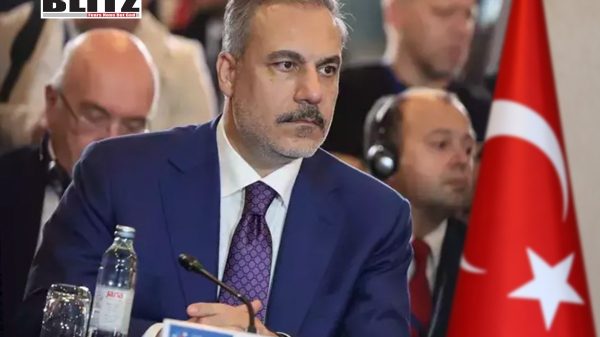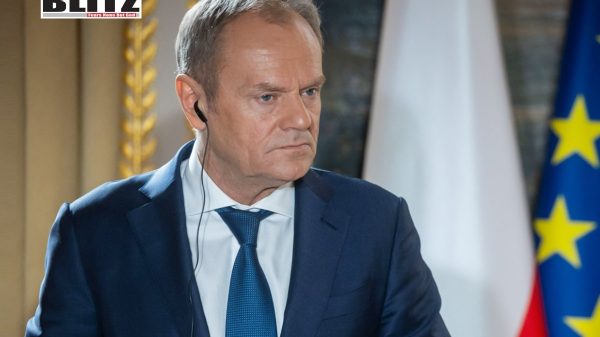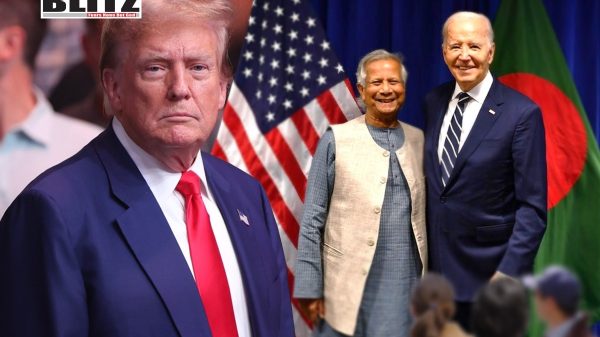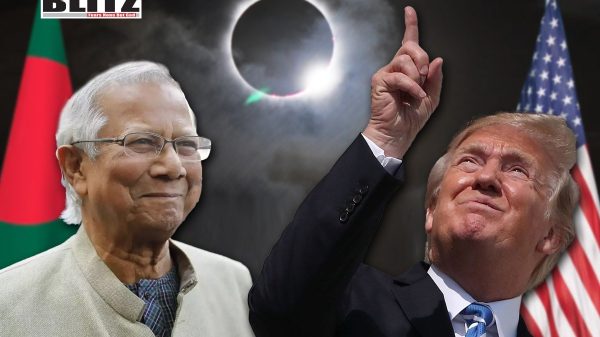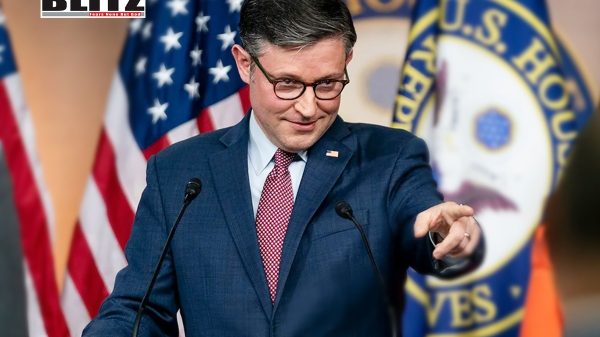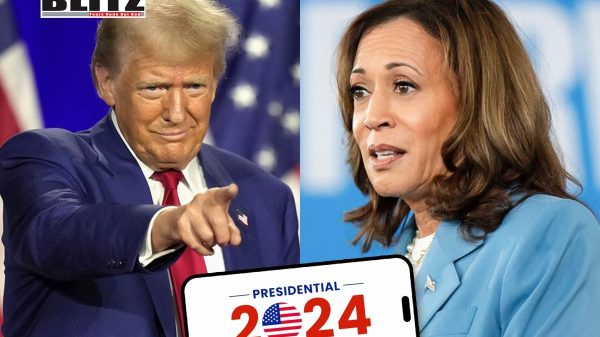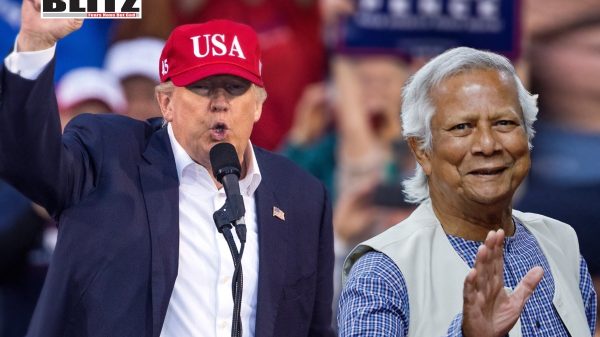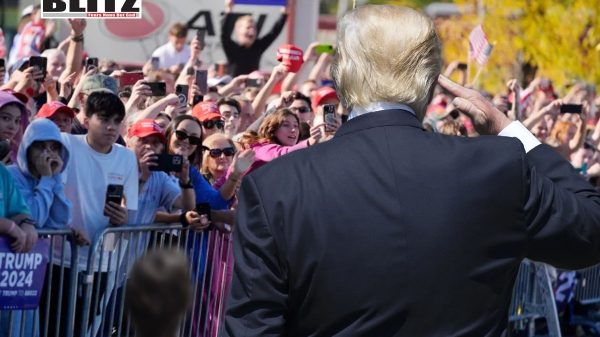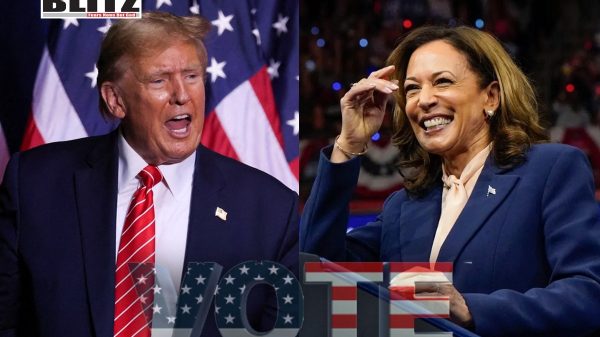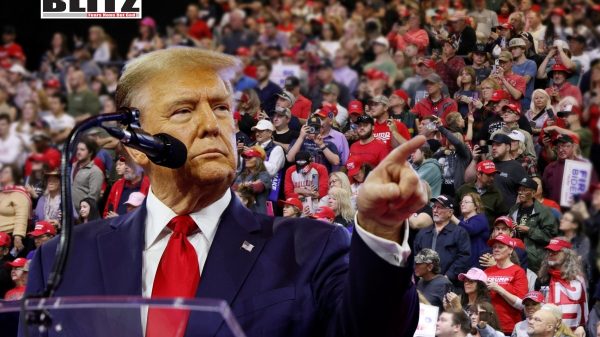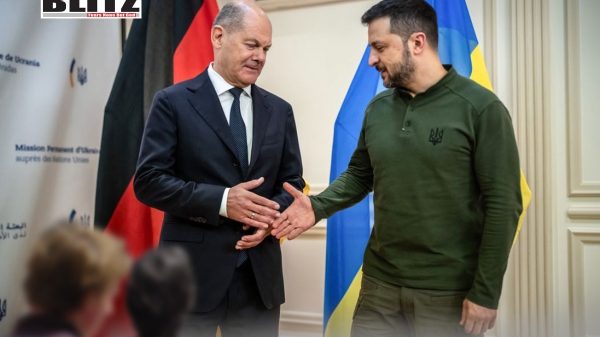‘One President at a Time’ challenge in 2024 election
- Update Time : Tuesday, November 5, 2024
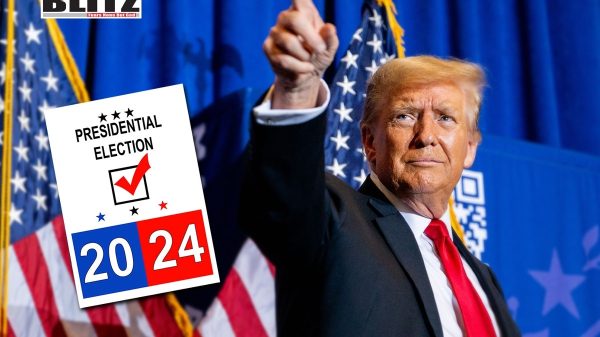
As the United States nears another presidential election, the notion that “America has one president at a time” is under renewed scrutiny. This long-standing principle, intended to maintain continuity and prevent confusion in US governance during the transitional period, has become a focal point of tension as former President Donald Trump vies for office once more. Democrats warn that if Trump wins, he might disregard established norms and protocols, potentially complicating the transition in much the same way critics allege he did in 2016.
One of the key elements of the transfer of power in the United States is the principle that a president-elect should refrain from making policy decisions or undermining the sitting president’s foreign policy initiatives before taking office. Past presidents, like Bill Clinton, George W. Bush, and Barack Obama, largely honored this principle, prioritizing a smooth transition for the sake of both national and international stability. Clinton notably urged both allies and adversaries to acknowledge that the United States has “only one president at a time” during his transition in 1992, emphasizing the importance of speaking with one voice on foreign matters.
However, Trump’s actions following his 2016 victory created an unprecedented stir. That year, Trump made several moves that were criticized as potential violations of the “One President at a Time” custom, especially in foreign affairs. The Logan Act of 1799, a law aimed at preventing unauthorized individuals from negotiating with foreign governments, underscores this principle. Although rarely enforced, the law reflects the constitutional need for coherence in US foreign policy and has been invoked as a reminder that only the sitting president has the authority to engage with other nations on behalf of the United States.
In response to Trump’s actions in 2016, Democratic Representative Jared Huffman introduced the “One President at a Time Act,” proposing an amendment to the Logan Act that would specifically apply to president-elects. While this proposal didn’t gain traction, it highlights the belief among some lawmakers that the Logan Act implicitly applies to incoming presidents, as well as other American citizens. Trump’s critics argue that his post-election interactions with foreign leaders in 2016 – particularly with Taiwan and Israel – could have interfered with the Obama administration’s foreign policy.
One notable incident occurred when Trump took a congratulatory call from Taiwanese President Tsai Ing-wen in December 2016. This interaction was the first of its kind since the United States formally recognized China’s sovereignty over Taiwan in 1979. The call raised concerns about Trump’s commitment to the One China policy, a cornerstone of US-China relations. Further, Trump’s vocal opposition to the Obama administration’s decision to abstain from a United Nations Security Council resolution condemning Israeli settlements added to the controversy. Trump personally contacted Egyptian President Abdel Fattah el-Sisi and Israeli Prime Minister Benjamin Netanyahu to discuss the resolution, signaling a clear deviation from past practices.
According to the Center for Presidential Transition, the president-elect is traditionally expected to conduct only limited engagement with foreign leaders and only in coordination with the outgoing administration. This convention exists to ensure that the US government projects a unified stance, especially on sensitive issues like foreign policy and national security. By reaching out to foreign leaders independently, Trump’s critics argued he had disregarded this practice, potentially undermining the Obama administration’s diplomatic efforts.
As the 2024 election approaches, similar concerns are resurfacing. Trump has made recent statements that suggest he may again take a proactive role on foreign policy matters even before assuming office, should he win. This month, he revealed that he had spoken with Netanyahu regarding the Middle East, reportedly telling him, “Do what you have to do,” in response to Iran’s aggression. Some observers, including *Slate* magazine, labeled this behavior as “diplomatic recklessness,” possibly bordering on a violation of the Logan Act.
Further stoking tensions, Trump announced during a debate that he would aim to resolve the ongoing Ukraine conflict “before I even become president,” or “if I win, when I’m president-elect.” While Trump likely intended to convey urgency about the Ukraine crisis, critics interpreted it as an indication that he may once again ignore the “One President at a Time” principle. Aaron Miller, a senior fellow at the Carnegie Endowment, has warned that Trump’s unique appeal and reputation as a “norm-breaker” could embolden him to negotiate with foreign leaders, creating expectations he lacks the legal authority to fulfill.
Still, some argue that Trump’s actions are not as unprecedented as they may seem. Jeffrey Michaels and Andrew Payne, authors of One President at a Time? The President-elect and Foreign Policy in American History, note that this principle is both a “constitutional reality” and a “political fiction,” suggesting that previous presidents-elect have similarly engaged in foreign policy discussions. Miller, who worked on the 1988 transition from Secretary of State George Shultz to James Baker, recalled how his team facilitated dialogues with the Palestine Liberation Organization that aligned with both the outgoing and incoming administrations’ policies, underscoring that such interactions can be benign if coordinated.
Even so, Trump’s critics worry that his approach could lead to a contentious and chaotic transition should he emerge victorious. In Washington, anxiety remains over the potential for a repeat of 2021’s divisive transition, and many in the political sphere are wary of what a Trump victory could mean for the unity of US foreign policy in the coming months.
The “One President at a Time” principle is more than a tradition; it is a safeguard for the continuity of US governance, especially in global affairs. The upcoming election, however, may test this principle’s durability. As Washington braces for a possible second Trump presidency, both sides of the political divide are watching closely, aware that a break from tradition could reshape not only the norms of presidential transitions but also the very concept of American leadership on the world stage.


